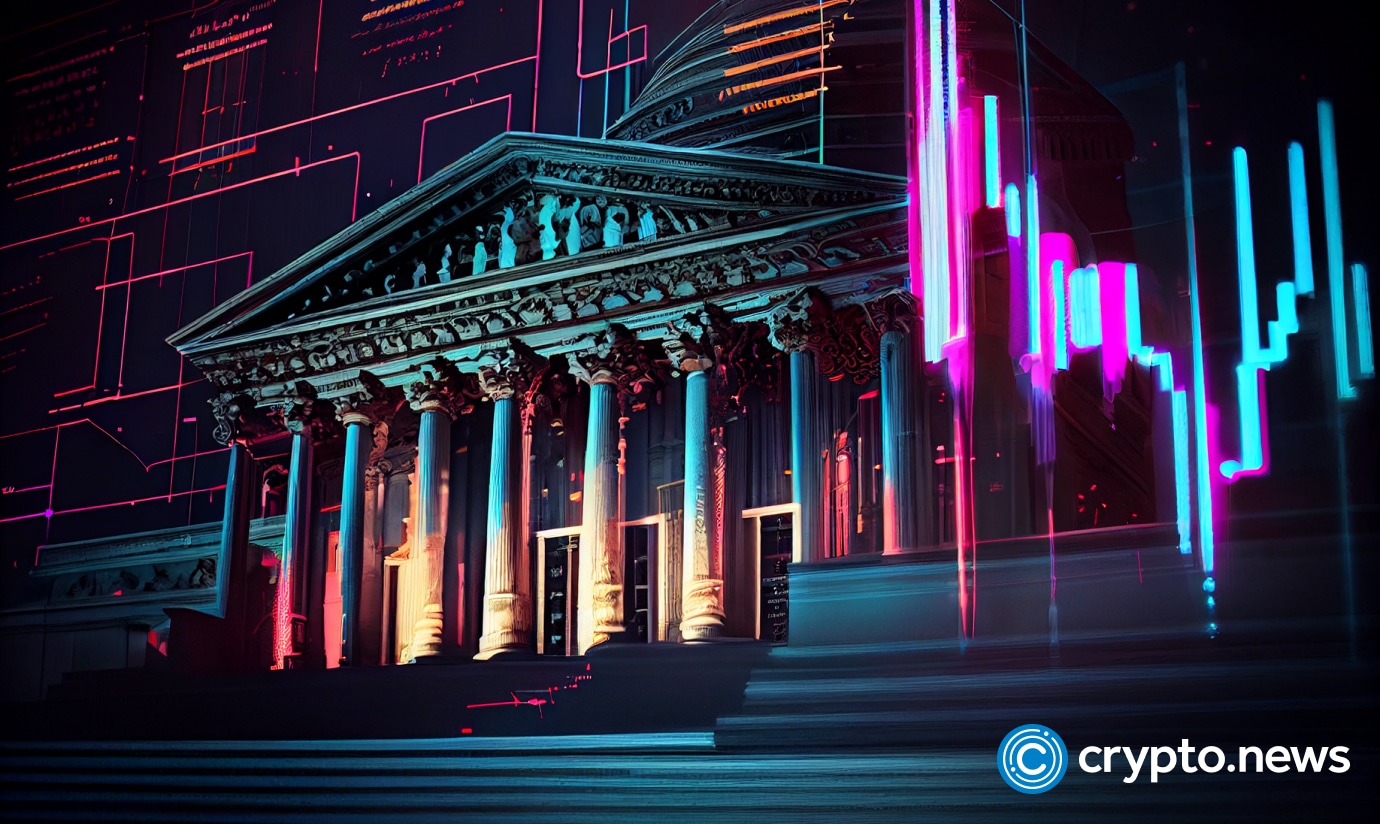2023-7-20 00:00 |
A new bill introduced into the US Senate proposes to tighten Know Your Customer (KYC) and Anti-Money Laundering (AML) regulations for decentralized finance (DeFi) services.
The Crypto-Asset National Security Enhancement and Enforcement (CANSEE) Act aims to prevent money laundering, stop crypto-facilitated crime and sanctions violations, and ensure that DeFi services meet the same AML and economic sanctions compliance as other financial companies, including centralized crypto trading platforms, casinos, and pawn shops.
New CANSEE Act Brings DeFi Services Under Same Rules As BanksAccording to the press release, DeFi applications are designed to facilitate peer-to-peer financial transactions recorded on blockchains, providing anonymity that enables malicious and criminal actors to evade traditional financial regulatory tools.
Criminals, drug traffickers, and hostile state actors like North Korea have quickly exploited DeFi’s vulnerabilities to launder criminal proceeds and fund more crime.
The CANSEE Act targets money laundering and sanctions evasion involving DeFi by applying the same national security laws that apply to banks and securities brokers, casinos, pawn shops, and other cryptocurrency companies like centralized trading platforms.
DeFi services would be required to meet basic obligations, including maintaining AML programs, conducting due diligence on customers, and reporting suspicious transactions to the Financial Crimes Enforcement Network (FinCEN).
The legislation would also require operators of crypto kiosks, also known as crypto ATMs, to verify the identities of each counterparty to each transaction using a kiosk, improving the traceability of funds.
Crypto ATMs are often found at convenience stores, laundromats, and gas stations, with users able to insert cash or a debit card into the machine to turn their real money into cryptocurrency.
Furthermore, The CANSEE Act updates the Treasury Department’s authority to require participants in the US financial system to take special measures against money laundering threats, extending Treasury’s authority to crack down on illicit financial activity that may occur outside the banking sector.
The bill’s co-sponsors, democrats Senators Jack Reed, Mike Rounds, Mark Warner, and Mitt Romney, believe that transparency and sensible rules are vital for protecting the financial system from crime.
They believe these focused measures will help maintain robust AML and sanctions enforcement while allowing participants who play “by the rules” to continue to take advantage of the potential of distributed ledger technologies. In a recent statement on the social media platform Twitter, Senator Jack Reed Stated:
Crypto ATM & decentralized finance (DeFi) services are being used as tools by money launderers & sanction evaders. To reduce nat’l & economic security risks, I’m joining colleagues to introduce the CANSEE Act to bolster US Treasury authorities & protect financial system integrity.
Featured image from Unsplash, chart from TradingView.com
origin »Bitcoin price in Telegram @btc_price_every_hour
Defi (DEFI) на Currencies.ru
|
|










